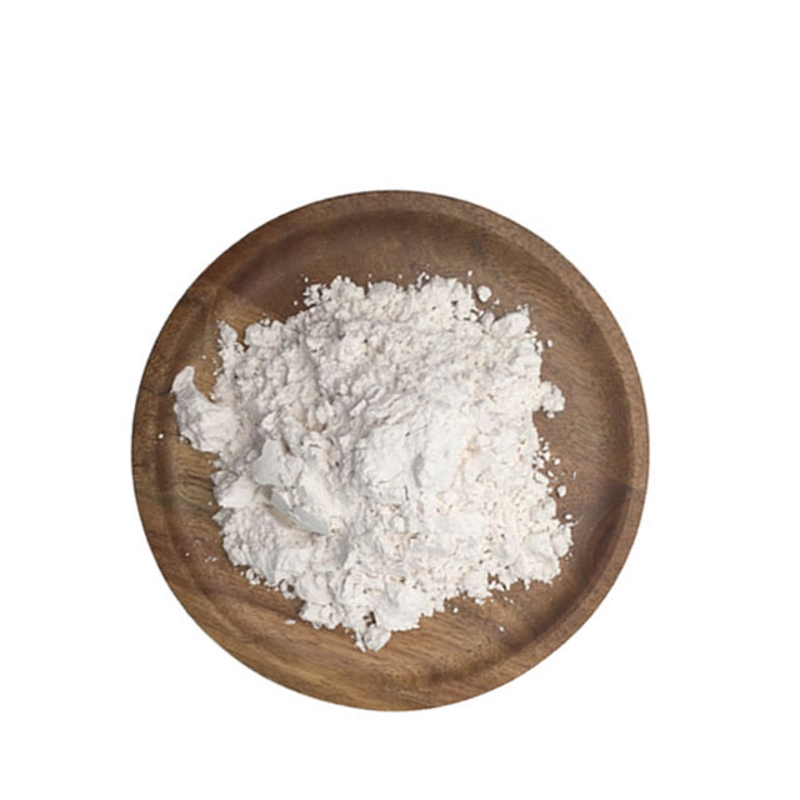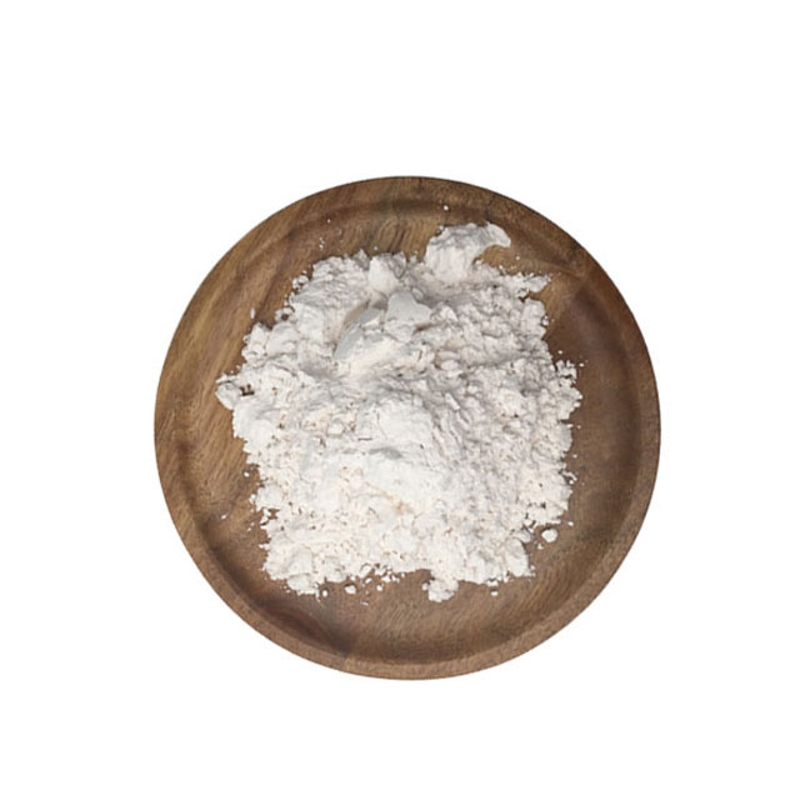-
Categories
-
Pharmaceutical Intermediates
-
Active Pharmaceutical Ingredients
-
Food Additives
- Industrial Coatings
- Agrochemicals
- Dyes and Pigments
- Surfactant
- Flavors and Fragrances
- Chemical Reagents
- Catalyst and Auxiliary
- Natural Products
- Inorganic Chemistry
-
Organic Chemistry
-
Biochemical Engineering
- Analytical Chemistry
- Cosmetic Ingredient
-
Pharmaceutical Intermediates
Promotion
ECHEMI Mall
Wholesale
Weekly Price
Exhibition
News
-
Trade Service
▎WuXi AppTec content team editor
Let's be honest, whenever you want to eat something light, low-sugar, does it feel hard to eat or even swallow? I finally made up my mind to lose weight, but I gave up
because I couldn't stand the lackluster food.
Perhaps the biggest obstacle to this may be that your tongue has been captured by sugar, which can make the tongue dull to sweetness
due to the high dose of sugar added to many foods in the daily life.
New research in Current Biology found with the help of mice that a high-sugar diet reduces the taste system's ability to perceive sweetness, and mice fed a high-sugar diet in the short term have a response of about half
to transmit sweet information from the tongue to the brain.
In fact, a study a few years ago found that letting some volunteers eat low-sugar foods stimulated a stronger craving
for sugar.
"In addition, some of our results in fruit flies show that sugar can reprogram their taste cells to reduce the response
of the associated nerves.
" Monica Dus, a professor of molecular biology at the University of Michigan, said
.
This time, Prof.
Dus and colleagues wanted to see if a similar phenomenon
would occur in mammals.
They selected a group of rats, one of whom ate normal food but replaced it with sugar water, and the control group had normal, tasteless drinking water
.
About 4 weeks later, the researchers tested the response of the rat tongue to the associated taste nerve when exposed to different flavored liquids, which is responsible for transmitting taste information from the taste bud cells at the front of the tongue to the brain
.
The liquid tastes tested included sweet, bitter, sour, and salty, and the rats' responses
to touch and cold sensation were added.
With the help of the comparison of control rats, it can be seen that there is no change
in the taste response of the experimental group to all other tests except for the sweet solution.
But the neural response to sweetness in the experimental group dropped directly by 50 percent, "which is a very significant change, and it only took 4 weeks to produce such results," Professor Dus said
.
This may be the root cause of our rapid dependence on sugar, and within a month, the entire taste system becomes dull to sweetness
.
But don't worry, if you can really make up your mind to quit sugar, then sticking to your tongue for a while will also pay off
.
The rats, which had been spoiled by sweet water, were replaced with regular water at the end of the experimental cycle, and after about 4 weeks, the sensitivity of the taste nerves to sweetness was restored
.
The authors point out that this is good news for some people who need to make a change, as long as you stick to light, you can regain your sensitivity to sweetness
.
Through analysis, the researchers found that the tongue papilla structure and the number of taste buds in the experimental group did not change, which also confirmed why other taste responses did not change
.
But a closer examination of the taste buds reveals a different picture, and rats fed sugar water have significantly fewer
taste bud cells that detect sweetness.
Dr.
Dus plans to explore how this reduction affects the transmission of sweet information, and how it affects brain behavior
.
At least from experiments with fruit flies, the authors have seen that decreased sensitivity to sweetness reduces dopamine release, reduces satiety and leads to overeating
.
This is probably the feeling that the more you eat sweet, the more you can't stop
.
"You have to remember that your taste system is malleable, and if you re-choose foods and cut back on sugar, your taste buds will quickly like them," Professor Dus said
.
DOI: 10.
1016/j.
cub.
2022.
07.
063[2] A high-sugar diet decreases ability to sense sweetness in rats.
Retrieved October 17, 2022 from https://medicalxpress.
com/news/2022-10-high-sugar-diet-decreases-ability-sweetness.
html







